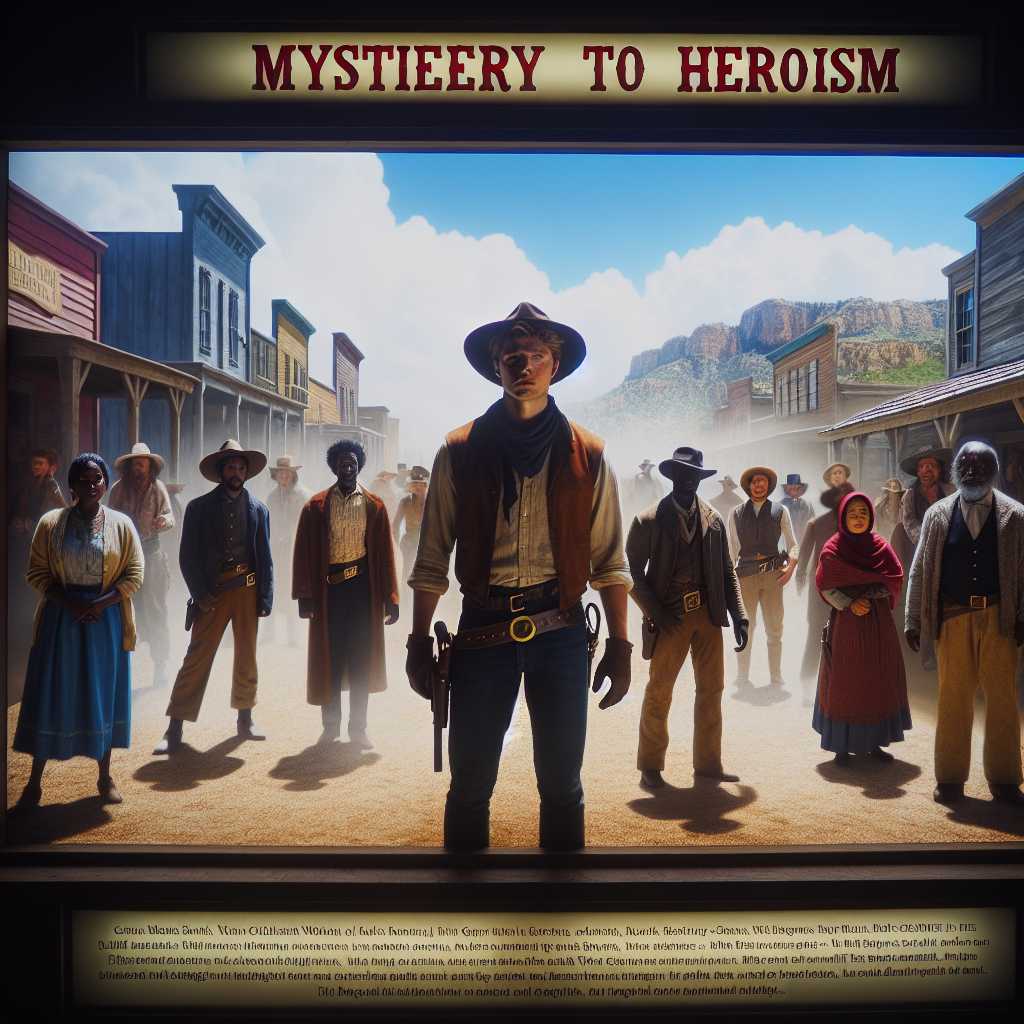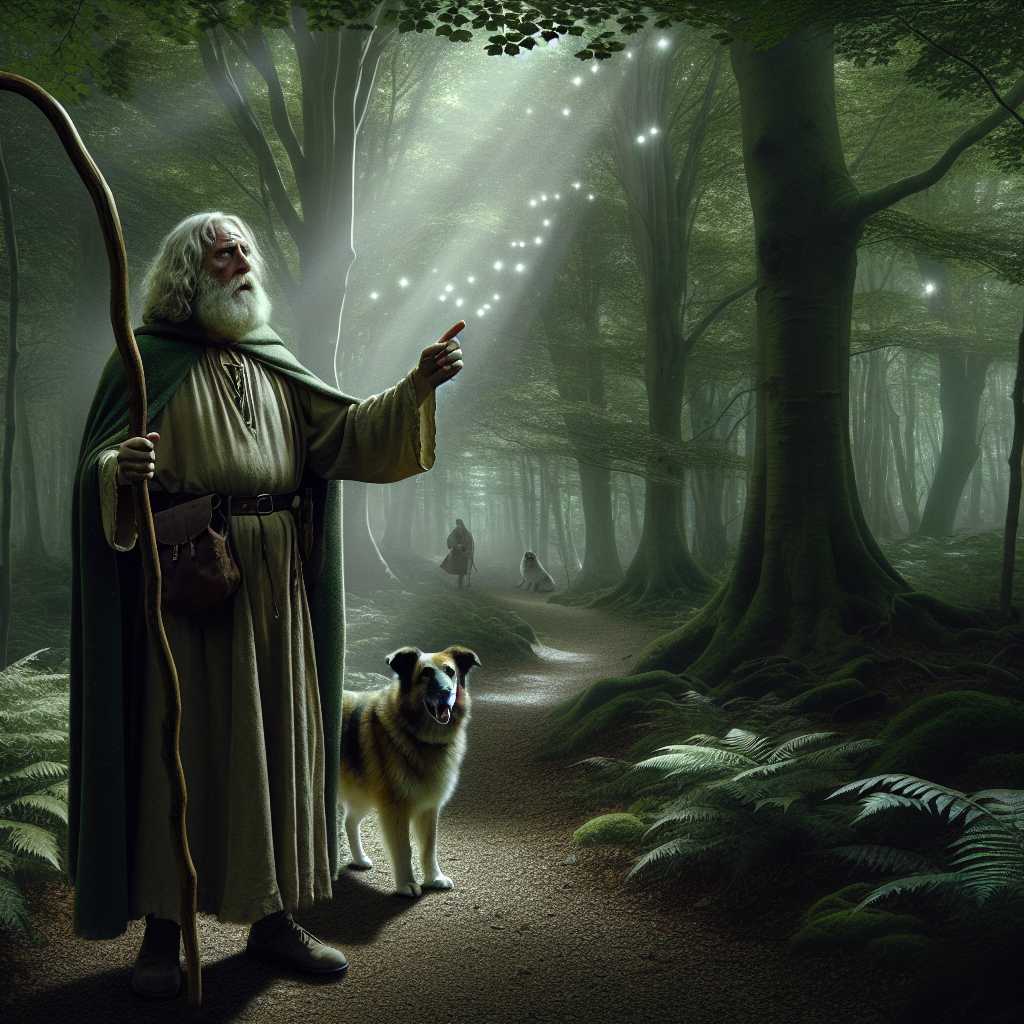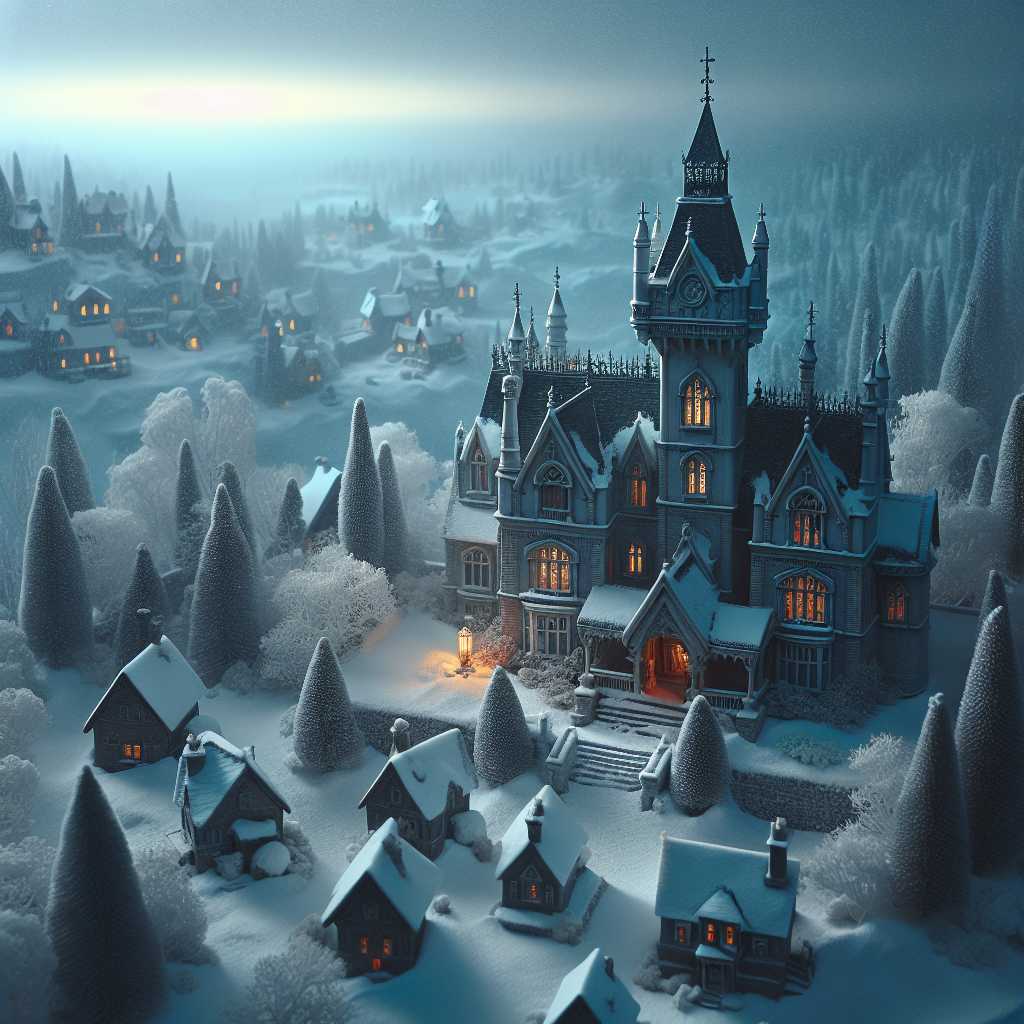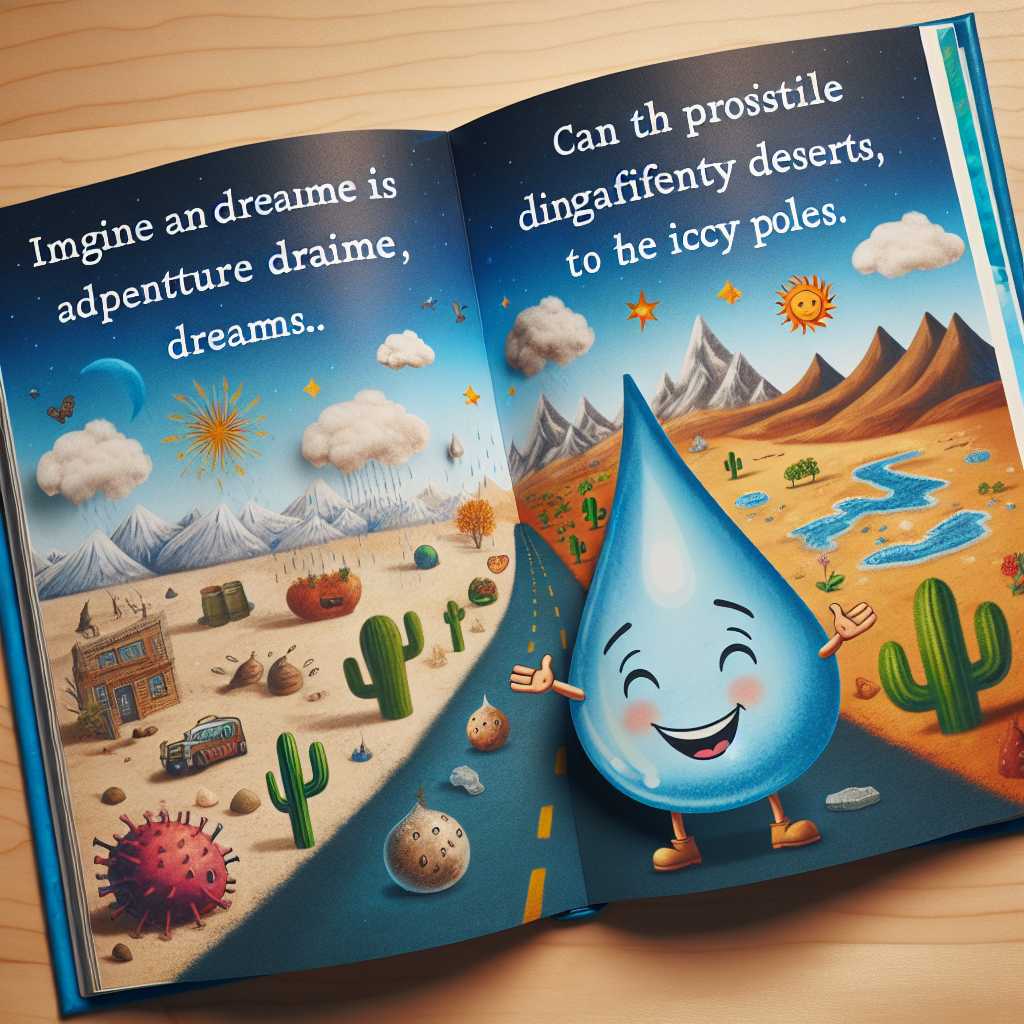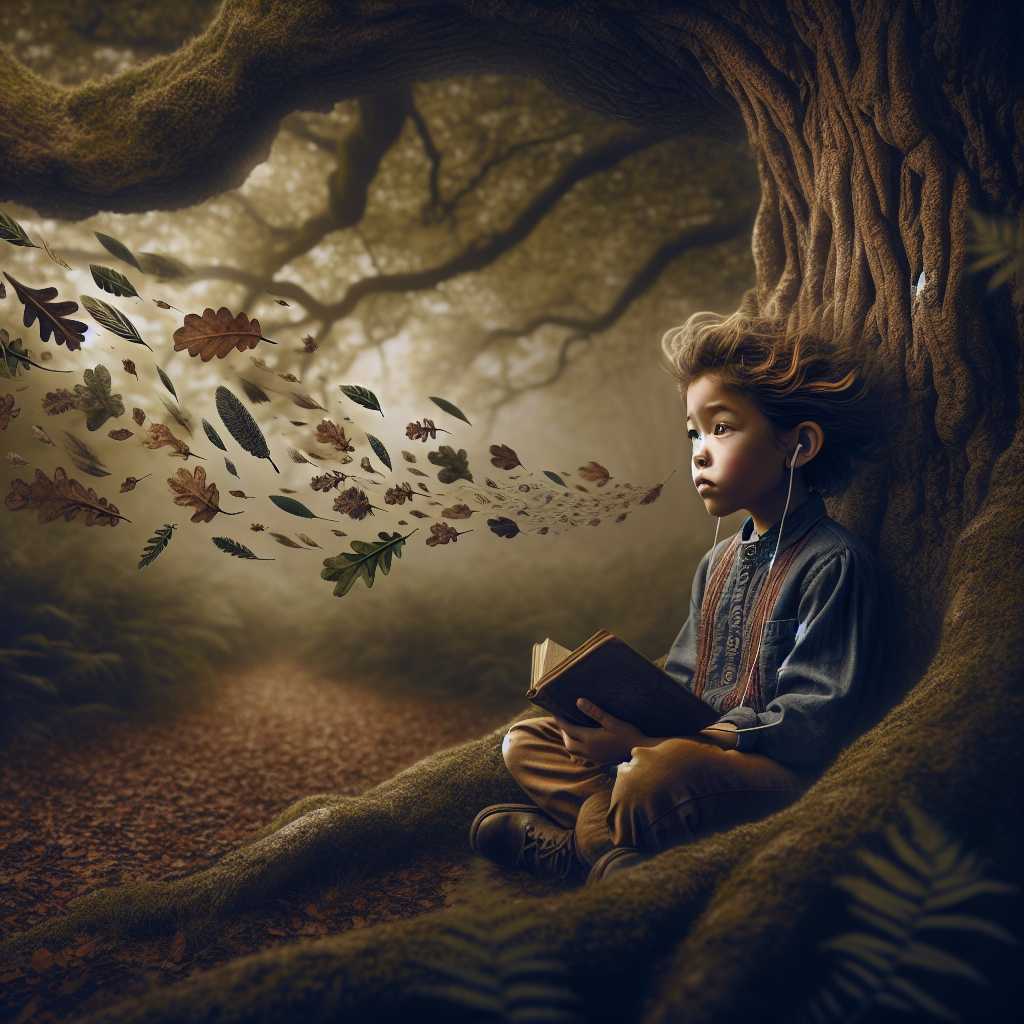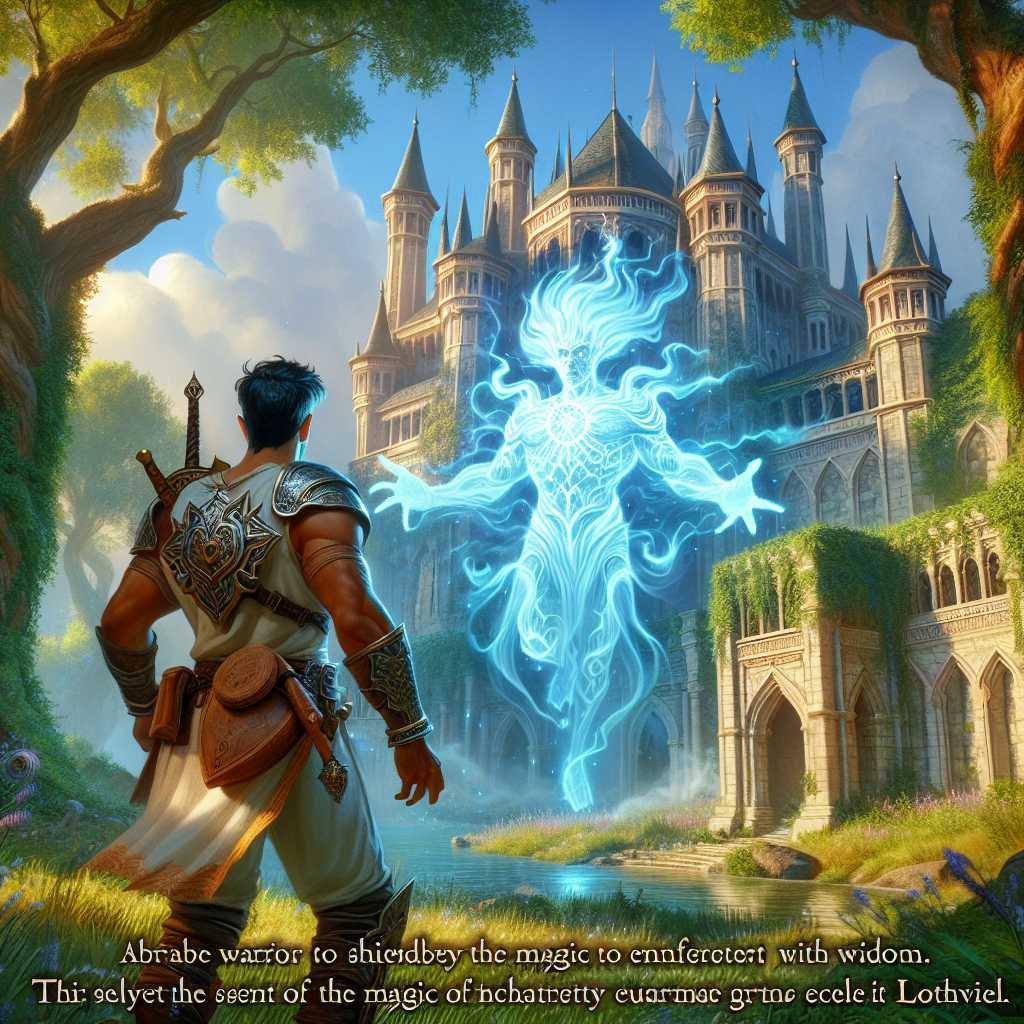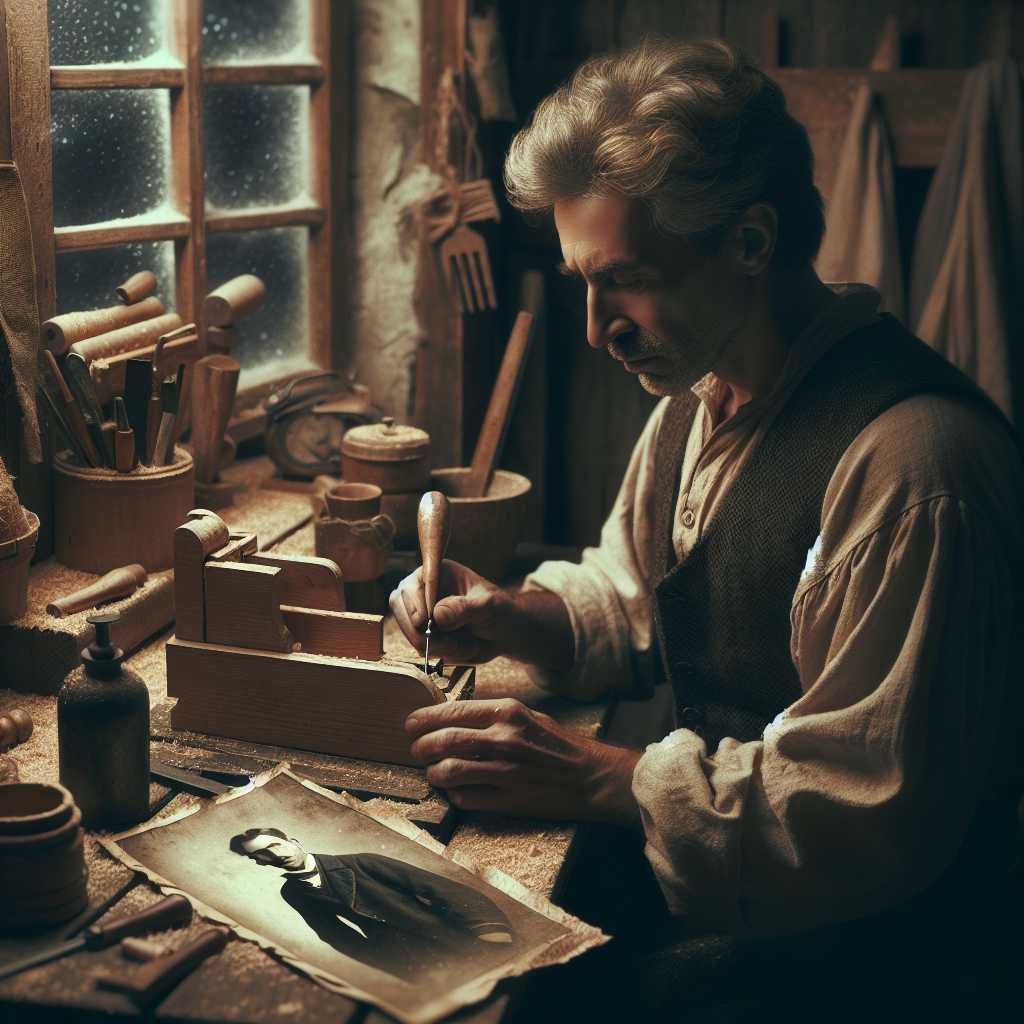
In a remote village nestled between towering mountains and endless fields, surrounded by an almost mystical air of tranquility, lived a solitary old man known as Bram. He was a man whose life had been marked by a series of profound losses, his heart carrying an invisible weight that could be felt by anyone who caught his gaze. The villagers referred to him as "The Keeper of Silence," for Bram rarely spoke, his words lost in the time when he had been a different man.
It was not always so for Bram. There was a time when laughter used to echo through his modest cottage, a time when love was a tangible thing he could reach out and touch. Now, those echoes lay buried deep within the folds of his memory.
“Life,” Bram would mutter to himself on rare occasions when he sought to break his own silence, “is but a fleeting whisper.”
He had been a craftsman by trade, known far and wide for his exquisite carvings. His hands had once danced gracefully, skillfully chiseling wood into wondrous shapes and figures. But everything changed the day the accident took his family away from him in a cruel sweep of destiny. His wife, the gentle and kind-hearted Clara, and their young son, Peter, both taken when their cart tumbled down the steep, unforgiving path near the village.
Clara was the heart of their home, her laughter a melody that brightened even the darkest days. Peter, full of boundless curiosity, would often sit beside Bram, wide-eyed and eager to learn the craft that ran like magic through his father's hands. They were his world, and when they vanished, so did the colors in Bram's life.
The villagers had mourned with him, offering what comfort they could, but soon their lives moved forward, like an unrelenting river oblivious to the tragedies of those caught in its currents. Bram, however, remained trapped in the stillness of his grief, the world around him fading like a watercolor painting left too long in the rain.
His once vibrant workshop became a refuge of dust and shadows. The tools lay untouched, their edges dulling with neglect, the wood stacks shrinking only when Bram needed to light his hearth. For years, he lingered in the periphery of village life, a specter moving silently among the living, his interactions reduced to brief nods and hesitant smiles.
Time dripped by, each day following the next like an unremarkable echo of the one before it, until something changed. One autumn evening, a mysterious sound began to emanate from the forest bordering the village. It was an echo, a deep and resonant voice singing a haunting melody that filled the air at dusk. The villagers spoke in hushed voices, sharing tales of spirits and legends, their imaginations weaving stories to explain the phenomenon.
Bram, however, felt a strange connection to this echo, as if it were a voice from beyond calling out to him, inviting him to listen more closely. On the third night, curiosity burning within him, he decided to follow the sound into the heart of the forest.
With each step, the melody grew stronger, guiding him deeper into the woods, until he came to a small clearing bathed in moonlight. There, at the center, he saw a wide, ancient tree, its trunk gnarled with age and its roots spiraling out like reaching fingers. Bram approached, feeling the echo vibrate through his very being.
It was then that he noticed something extraordinary — the tree had grown around an old carving, one of his own creations from years long past. It was a piece he had made for Clara, depicting their small family nestled together, carved in meticulous detail. The sight struck him with a profound awareness, a realization that the echo was not from his surroundings but from within.
As he stood before the tree, the memories rushed back with an intensity that took his breath away. He remembered the joy of crafting the piece, the laughter of his son, the warm embrace of his wife. Tears filled his eyes, but for the first time in years, they were not only of sorrow but of something resembling solace.
In that moment, Bram understood that although his loved ones were gone, their presence, their love, lived on in the echoes of every memory they had shared. The realization, simple yet profound, filled the silence within him, and he knew he was not alone.
The next day, for the first time since the accident, he unlocked his workshop and began to work again. His hands, though older and less steady, soon rediscovered their rhythm. Slowly, the villagers noticed a change in him. His silence, previously heavy with loneliness, now seemed imbued with purpose. People would occasionally spot him in the marketplace, sharing a quiet smile or exchanging a few gentle words.
One evening, as the echo from the forest continued to serenade the village, Bram walked to his workshop with a lantern in hand. He sat, tools in his grasp once more, and began to carve a story of hope, love, and memory into a fresh piece of wood, allowing the echoes of his heart to guide the rhythm.
Though life would never be the same for Bram, he had found peace in understanding that some echoes, those created by love, never truly fade. The Lonely Echo, once a source of deep sadness for him, had become his beacon of healing, connecting the past with the present, bridging the silence with life's enduring whisper.



